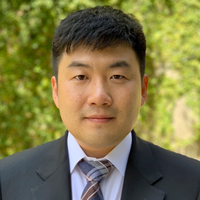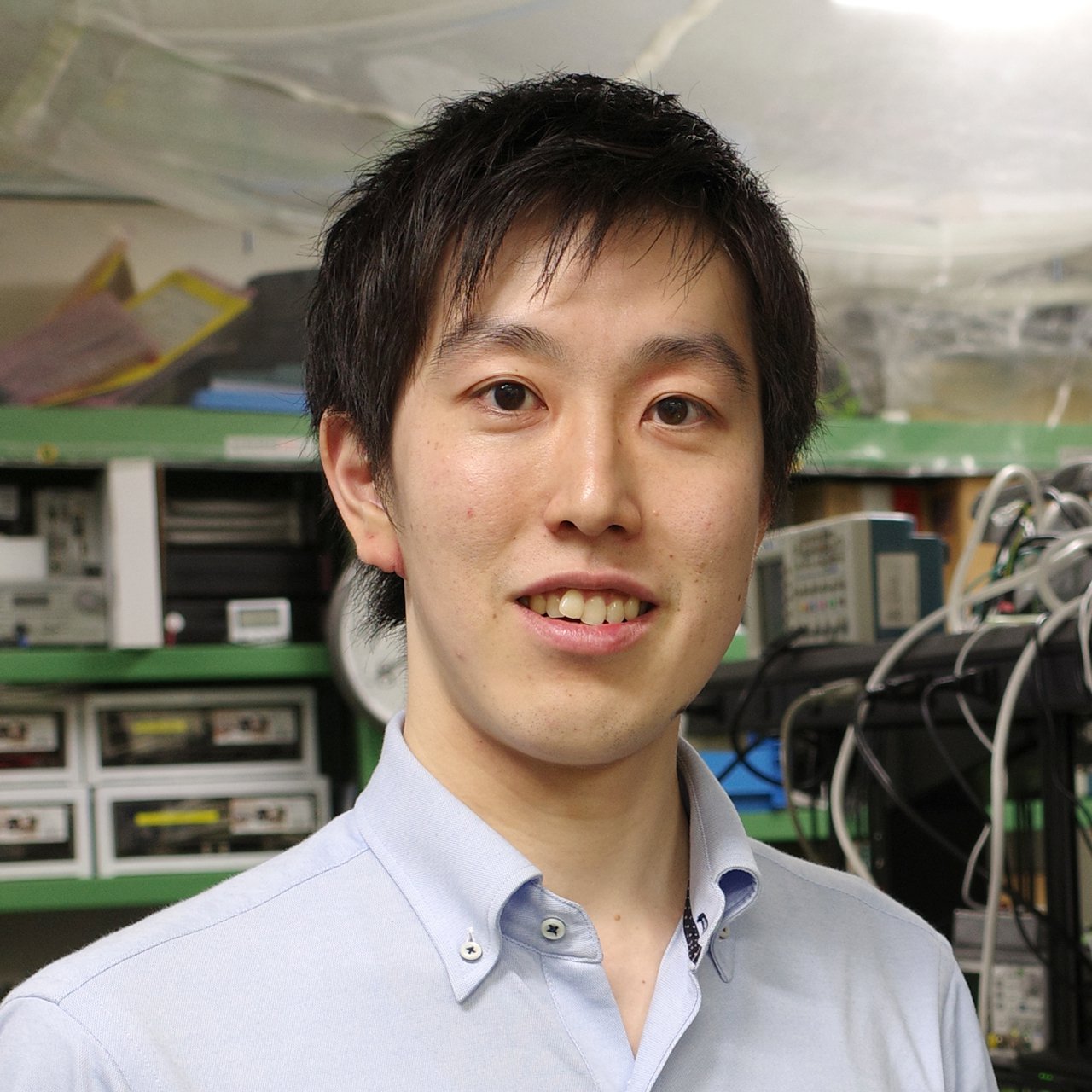Computer & electronics hardware
Shuntaro Takeda
An original loop-based optical circuit has been invented, along with a successful proof of concept.

Korea
Soonwon Choi
The second quantum revolution has just begun.

China
Zongyin Yang
Inventing the world's smallest spectrometer and the widest wavelength tunable nanolasers.

China
Jianshi Tang
Developed a variety of memristive devices to faithfully mimic the functions of biological synapses, neurons, and dendritse.

MENA
Yasmin Al-Halawani
Efficient data compression via novel brain-inspired hardware platform
